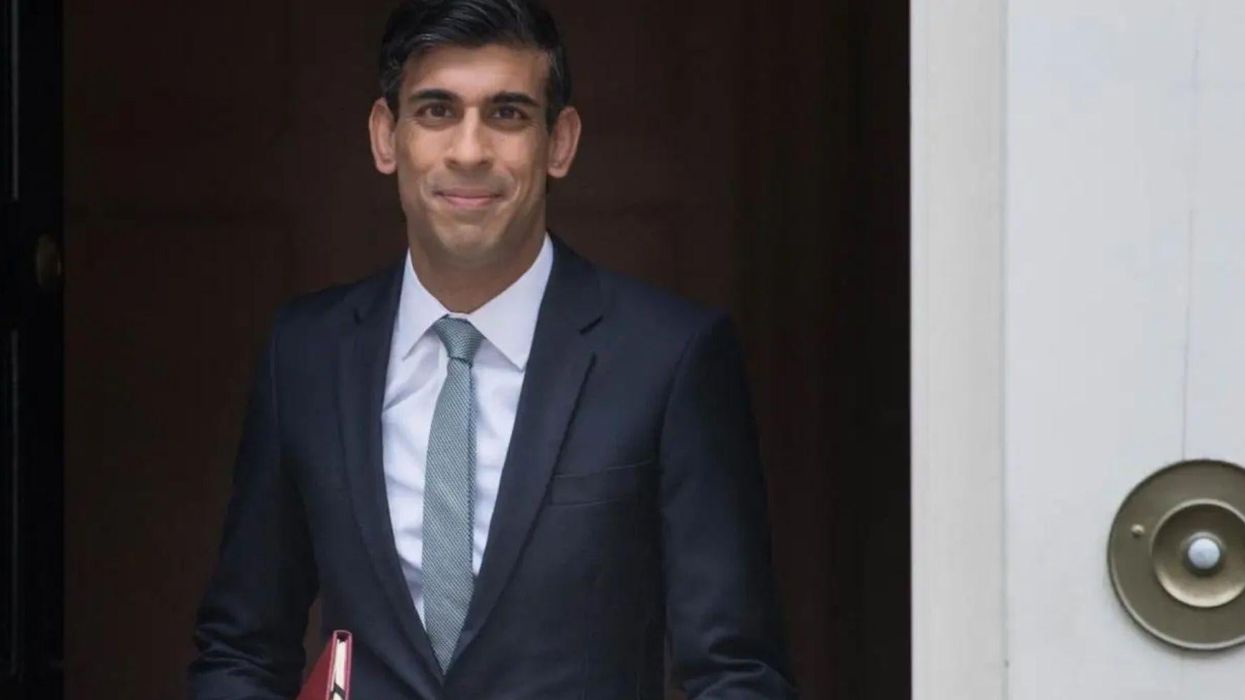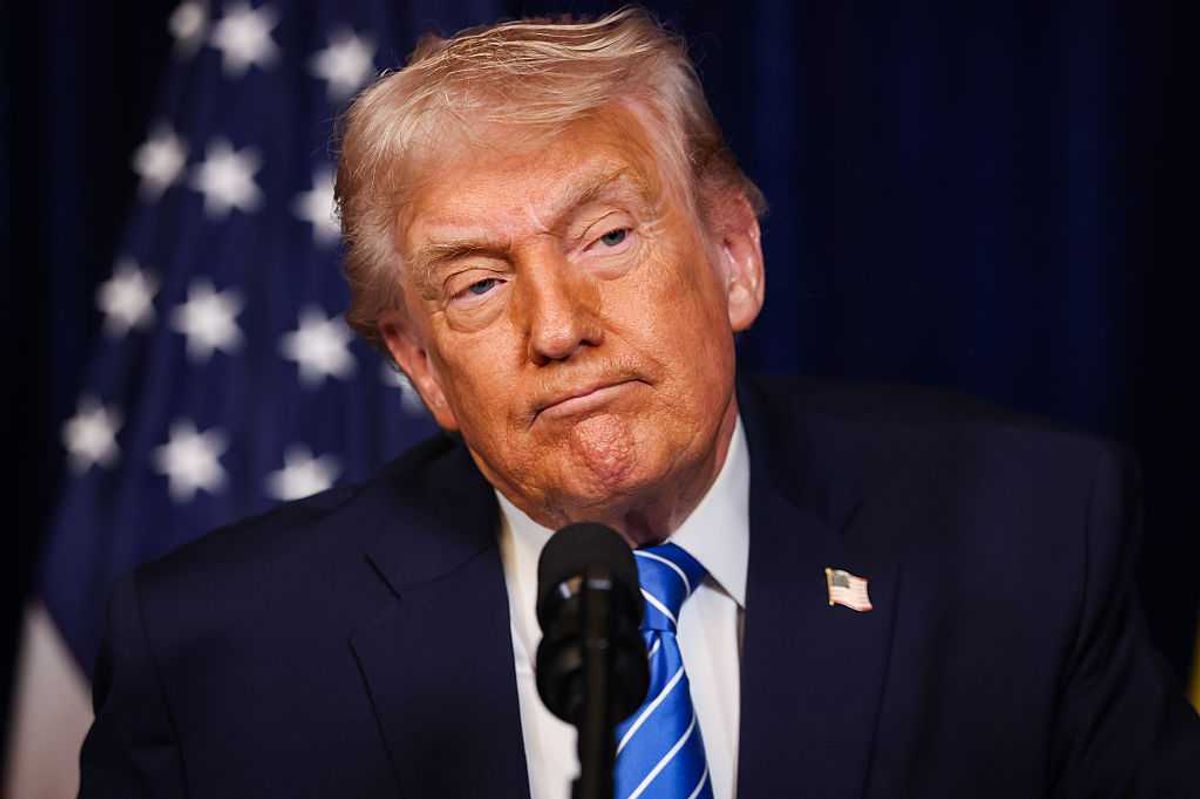News
Joanna Taylor
Jul 08, 2020
You've probably heard by now that you can get £10 off restaurant meals as part of the government's "Eat Out to Help Out" scheme. You've probably also heard about 50 different versions of the same obvious innuendo because of its name.
The scheme will grant everyone vouchers throughout August that give you 50 per cent off any restaurant meal on Mondays to Wednesdays, capped at £10 per head. This excludes alcoholic drinks and is taken off each individual's spend rather than the total bill.
Chancellor Rishi Sunak also announced that that the government will cut down VAT for all hospitality and tourism businesses from 20 percent to 5 percent until 12 January next year.
Further details as to how the Eat Out to Help Out scheme will actually work in practice are expected in the coming days.
While some have welcomed the scheme as a positive intervention into the hospitality industry, clearly there are problems.
The government is explicitly offering us an incentive to eat at restaurants during a global pandemic.
While lockdown may have helped to slow the spread of coronavirus and lower its daily death toll, it is by no means eradicated.
In the space of just four months, we have gone from the prime minister closing pubs, bars and restaurants and telling us to "stay at home" to actively encouraging us to eat food prepared by other people in the vicinity of more people.
Of course, protecting the economy is important, but you would expect such drastic intervention like this to happen when the more immediate threat to our health has properly subsided.
We are not even sure how fast coronavirus is spreading throughout the UK because the government refuses to release figures on how many people have tested positive for coronavirus and we are also yet to see the successful roll out of tracing app.
The Eat Out to Help Out scheme tells us exactly where the government's priorities lie.
Rishi Sunak has unveiled 'a plan for jobs' worth 'up to £30bn'.
Clearly, the government is getting nervous about the state the economy will be in post-pandemic and has intervened to try to mitigate its effects.
But all too often, the money seems to dry up when it reaches people like renters, the self-employed and people on low incomes.
It took a campaign from Manchester United footballer Marcus Rashford (and Rebecca Long-Bailey) to convince the government to extend their free school meals, for example.
Free hospital parking for NHS staff is already set to be reeled back in after being available during the lockdown.
Theatres were on the brink of going bust by the time the government threw them a lifeline.
Use of food banks almost doubled in the immediate aftermath of the lockdown according to the Trussel Trust. The World Bank reports that nearly 2 million people in the UK are undernourished and one in six parents have gone without food themselves to afford to feed their families
While businesses in the hospitality industry and others need money from the government to survive, so too do the people who are struggling to pay for food.
No flashy economic package has been unveiled to help the homeless or people living in poverty. The pandemic will hit these people the hardest.
While £10 off your Nando's order might be a welcome perk for some, it's hardly going to be helpful to the people who are struggling to pay for food.
Top 100
The Conversation (0)














